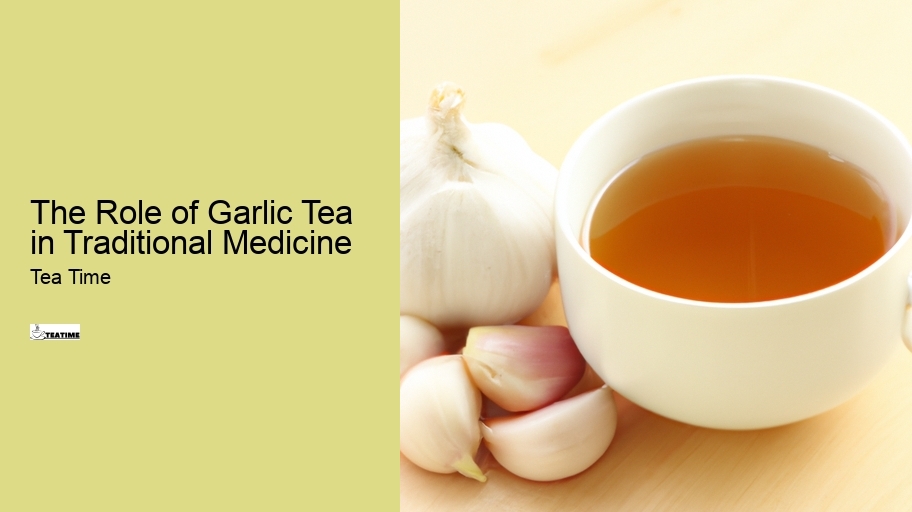

Garlic tea is renowned for its rich antioxidant properties, primarily due to compounds like allicin. These antioxidants play a vital role in protecting the body from oxidative stress and free radical damage, which are linked to chronic diseases and aging. Regular consumption of garlic tea can contribute to overall health and longevity.
The antioxidants in garlic tea also have anti-inflammatory effects, helping to reduce inflammation in the body. Prebiotic Benefits This is beneficial for conditions like arthritis and other inflammatory diseases. The anti-inflammatory properties of garlic can also contribute to improved heart health and reduced risk of certain cancers.
Incorporating garlic tea into your daily routine is a simple way to boost your antioxidant intake. Its natural composition makes it a healthful choice, offering protective benefits against a range of health issues while supporting overall well-being.
Garlic tea holds a special place in many cultures around the world, revered for its medicinal properties and unique flavor. In traditional medicine, it has been used for centuries to treat a variety of ailments, reflecting its deep-rooted significance in health and wellness practices.
The use of garlic in herbal teas varies from culture to culture, each with its unique preparation methods and rituals. This diversity showcases the versatility of garlic tea and its adaptation to different cultural palates and health beliefs.
Understanding the cultural significance of garlic tea enriches the experience of consuming it. It connects individuals to a long history of herbal medicine and the shared human quest for natural health remedies. Enjoying garlic tea can thus be a way of honoring these rich cultural traditions and appreciating the time-tested wisdom they represent.
Garlic tea is increasingly recognized for its benefits in promoting heart health. The compounds in garlic, particularly allicin, have been shown to have a positive impact on cardiovascular health. Local Produce They aid in reducing arterial plaque, lowering cholesterol levels, and improving blood circulation, all of which are crucial for maintaining a healthy heart.
Regular consumption of garlic tea may help in regulating blood pressure. Its natural properties can dilate blood vessels, leading to reduced pressure on the arterial walls. This effect can be particularly beneficial for individuals with hypertension or those at risk of heart diseases.
While garlic tea can be a valuable addition to a heart-healthy diet, it's important to maintain a balanced approach that includes regular exercise and a nutritious diet. Consulting with a healthcare professional is also advisable, especially for those with existing heart conditions or those taking medication.
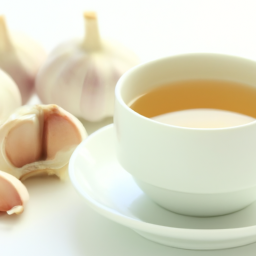
Growing garlic at home for tea is a rewarding experience that ensures you have a fresh, organic supply. Garlic is relatively easy to grow and can be cultivated in gardens or pots. Planting garlic cloves in well-drained soil and ensuring they receive adequate sunlight are key factors for successful growth.
Harvesting garlic at the right time is crucial for optimal flavor and health benefits. Digestive Health Garlic is typically ready to harvest when the leaves turn yellow and begin to dry. Anti-Bacterial Properties Once harvested, it should be dried and stored properly to preserve its properties.
Using home-grown garlic in your tea not only adds a personal touch but also guarantees the purity and potency of your brew. This practice connects you to the process of creating a healthful beverage from start to finish, enhancing the overall experience of enjoying garlic tea.
Garlic tea's benefits extend beyond internal health to include skin health. The antioxidants and anti-inflammatory compounds in garlic can have a positive impact on skin conditions. Bone Health Drinking garlic tea regularly may help in reducing acne, soothing skin inflammation, and promoting a healthy complexion.
The antimicrobial properties of garlic also play a role in skin health. These properties can aid in fighting bacteria and infections, potentially reducing the occurrence of skin blemishes and irritations. Nutritional Value Additionally, the antioxidants in garlic tea help combat oxidative stress, a factor in premature skin aging.
While garlic tea can be a supportive element in skin care, it's also important to maintain a holistic approach that includes a balanced diet, proper hydration, and regular skin care practices. As with any natural remedy, individual experiences may vary, and it's advisable to consult with a healthcare professional for personalized advice.
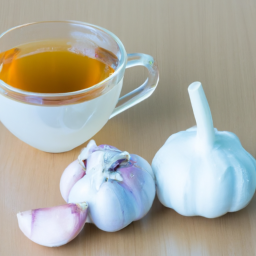
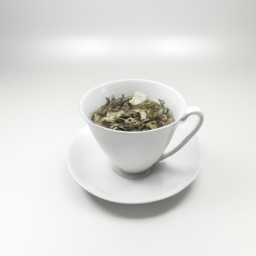
Enhancing the flavor of garlic tea can make it a more enjoyable and versatile beverage. Adding spices like cinnamon, cloves, or cardamom can introduce a warm, aromatic dimension to the tea. These spices not only improve the taste but also bring additional health benefits, such as improved digestion and anti-inflammatory effects.
Experimenting with different combinations of spices allows you to customize your garlic tea to your liking. For a more refreshing twist, consider adding a slice of lemon or a sprig of mint. These additions can brighten the flavor and add a refreshing element to the tea.
Personalizing your garlic tea with spices and other flavor enhancers can transform it from a health drink into a delightful beverage. It becomes a versatile tea that can be tailored to suit different moods and occasions, making it a staple in your beverage repertoire.
Garlic tea can be an effective natural remedy for stress relief. The soothing properties of a warm cup of tea, combined with garlic's natural compounds, can help reduce stress and promote relaxation.
The antioxidants in garlic tea also contribute to its stress-relieving properties. They combat oxidative stress in the body, which can be exacerbated by chronic stress. This helps in maintaining a balance and supporting overall mental well-being.
Incorporating garlic tea into your daily routine can be a simple and natural way to manage stress. Its calming effects can provide a moment of tranquility in a busy day, making it a valuable addition to a stress management regimen.
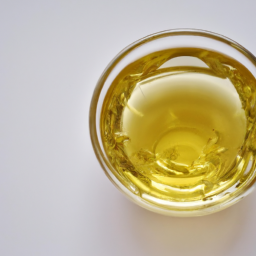
There is no standard recommendation, but moderate consumption, such as a cup a day, is generally considered safe and beneficial. It's important to listen to your body and adjust the frequency based on how you feel.
Garlic tea offers a range of health benefits due to its rich content of antioxidants and compounds like allicin. It's known for boosting the immune system, reducing inflammation, aiding in heart health by managing blood pressure and cholesterol levels, and it may also have antibacterial and antiviral properties. Additionally, it can aid in digestion and respiratory health, and some suggest it might help in weight management.
While garlic tea is safe for most people, it may not be suitable for everyone. Individuals with garlic allergies, those on blood-thinning medications, or pregnant and breastfeeding women should consult a healthcare professional before consuming garlic tea. Excessive consumption can also lead to digestive discomfort in some people.